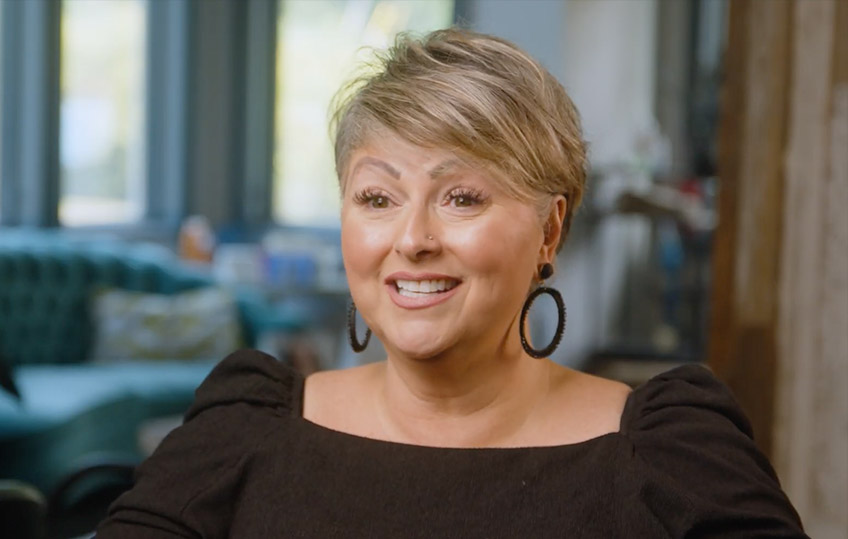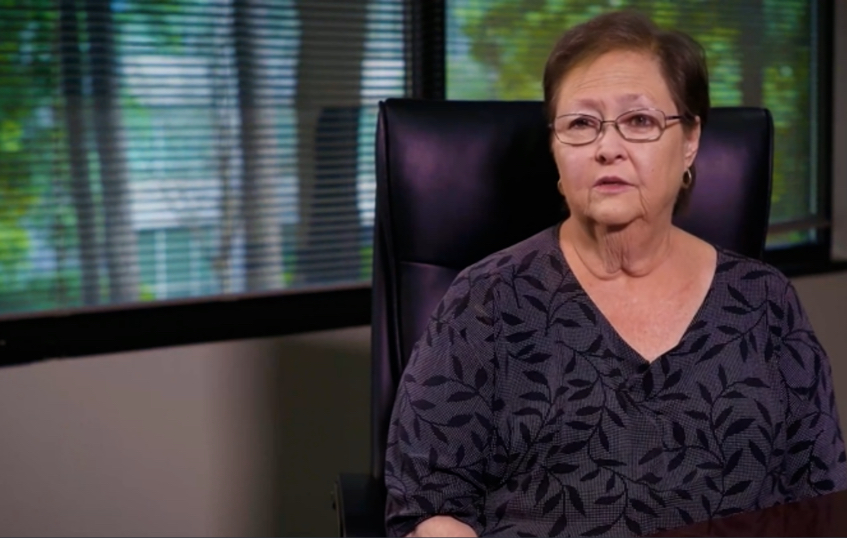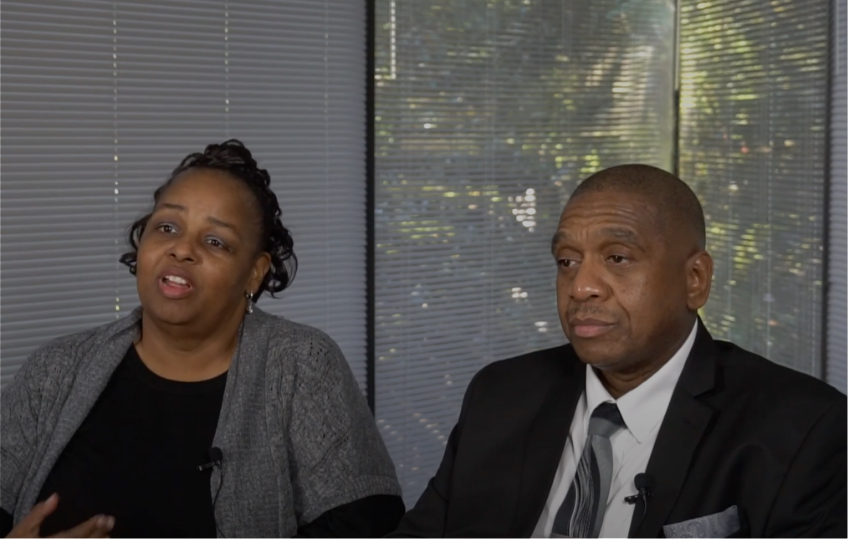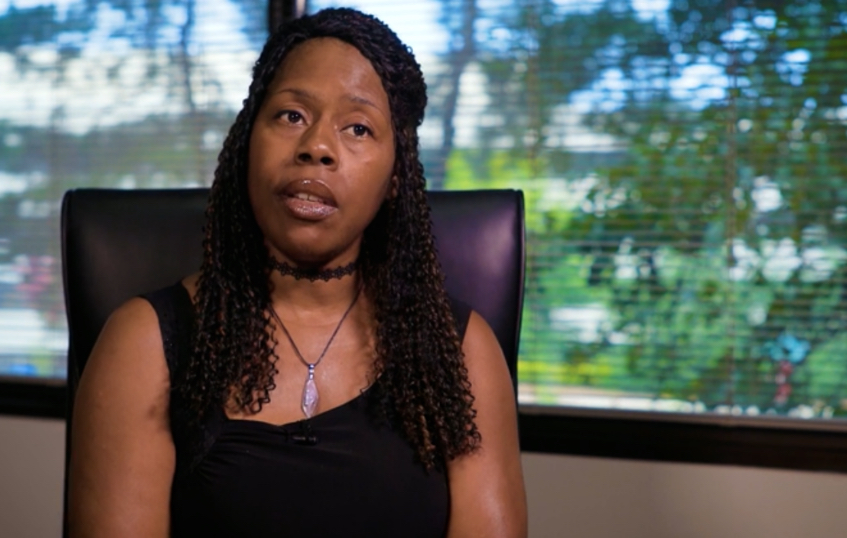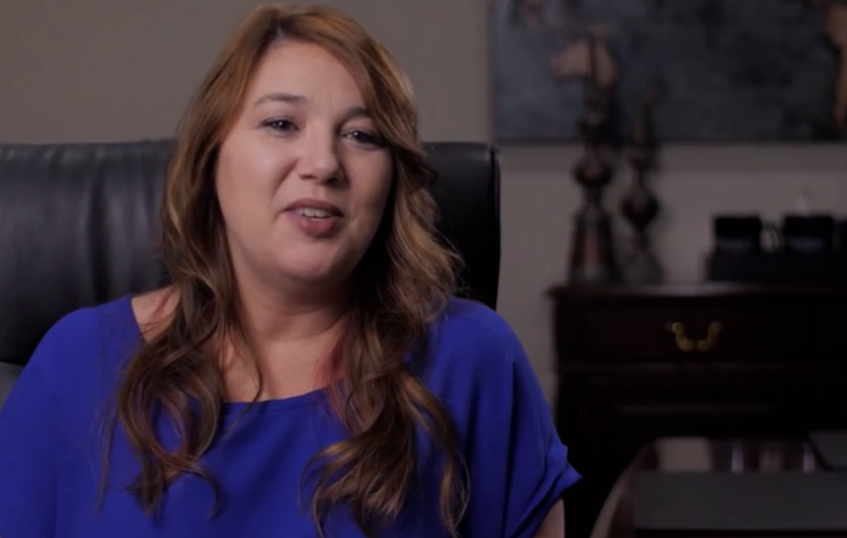Georgia Tort Law
The laws and info to rebuild after an injury.
Over $100 Million Won.
Georgia tort laws are complex and could directly impact the outcome of a civil action. Our personal injury lawyers have a reputation for securing impressive results and much-needed compensation for victims across Metro Atlanta. We provide the highest level of service and are available by phone, text, or chat. We don't charge a fee unless we win.
What is Georgia Tort Law?
A tort is any civil claim involving a physical, emotional, or financial loss caused by negligence or wrongful acts. Examples of tort claims include:
- Motor vehicle accidents
- Assault
- Medical malpractice
- Premises liability
- False imprisonment
- Defective product claims
Under Georgia law, for a tort lawsuit to be successful, four elements of negligence need to be proven:
- Duty of care – The defendant owed the plaintiff a duty of care
- Breach of duty – The defendant breached that duty of care
- Causation – The defendant’s breach in their duty of care caused the plaintiff injury or illness
- Damages – The plaintiff suffered significant damages as a result of the defendant’s actions
A Brief History on Georgia Tort Laws
Tort laws first developed in Europe in the 12th century, when trespassers and other parties were held liable for any damage they caused to other properties.
Over the centuries, courts refined the legal process. They established burdens of proof and created defenses including the assumption of risk and contributory negligence. This was when the plaintiff’s ability to recover compensation began being restricted.
In the late 1770s, Georgia adopted the common law of England, which included its legal procedures and policies on tort law. In the 20th century, as motor vehicles grew in popularity in the 20th century, tort law and liability insurance laws became critical. During this time, product liability claims also emerged as issues involving the manufacturing and selling of defective motor vehicles became more common.
Wrongful Death
Motor Vehicle Accident
Pedestrian Accident
Motor Vehicle Accident
Motor Vehicle Accident
Click on any case result to read more, or view all case results.
More About Georgia Tort Claims
Learn more about Georgia tort law and related topics:
- Negligence Laws in Personal Injury Cases
- Liability in Georgia
- How Much is a GA Injury Claim Worth?
- Personal Injury Lawsuits & Claims
- Parties in a GA personal Injury Case
- How to Prove a Personal injury
- Personal Injury Settlements
- Punitive Damages In Georgia Personal Injury Cases
What Georgia Tort Laws Apply to Your Claim?
Various tort laws could have an impact on your injury claim. Some of the more common include how the state handles car accident insurance claims, the statute of limitations for personal injury lawsuits, contributory negligence laws, and more.
Generally, Georgia tort law assess the defendants’ liability and whether the plaintiff shares fault or should be limited in their attempt to recover financial compensation. Here are the tort laws that most often apply to Georgia personal injury claims:
GA Tort Code: Chapter 1
Chapter 1 of the Georgia tort code goes over the general provisions, including the basic definitions of the Georgia tort law statute.
GA Tort Code: Chapter 2
Chapter 2 of the Georgia tort code goes over imputable negligence. This includes the fault of parents or custodians for injuries to a child. This includes liability for various individuals such as contractors, healthcare providers, dog owners, and other parties.
GA Tort Code: Chapter 3
Chapter 3 discusses the liability of owners and occupiers of land. This includes premises liability claims and the property owner’s duty of care.
GA Tort Code: Chapter 4
Chapter 4 describes how wrongful death claims should be handled. This includes who has the right to file a claim, the damages available, and other provisions.
GA Tort Code: Chapter 5
Chapter 5 protects from libel and slander. This includes defining libel and slander, the right of action for malicious use of privilege, and the admissibility of evidence and defamation actions.
GA Tort Code: Chapter 6
Chapter 6 describes how cases of fraud and deceit are handled. This includes the right of action for fraud, letters to obtain credit, and fraud by acts or silence.
GA Tort Code: Chapter 7
Chapter 7 covers false arrest, abusive litigation, malicious prosecution, and false imprisonment.
GA Tort Code: Chapter 8
Chapter 8 previously described forcible entry entertainer. However, Chapter 8 has since been repealed.
GA Tort Code: Chapter 9
Chapter 9 goes over injuries to real estate, including recovery of possession of lands, actions for trespass, damages for continuing trespass, and interference with the right of way, among others.
GA Tort Code: Chapter 10
Chapter 10 discusses injuries to personality, including the right of action, who has the authority to bring the claim, and the owner’s right of action for damage to or theft of personal property.
GA Tort Code: Chapter 11
Chapter 11 goes over defenses to tort actions, including the effective consent, infancy, liability of specific parties, and immunity from civil liability under certain conditions.
GA Tort Code: Chapter 12
Chapter 12 discusses the damages that injury victims can be awarded for various claims, including joint tortfeasors, conversion of timber, and tort actions.
GA Tort Code: Chapter 13
Chapter 13 discusses medical malpractice claims, including definitions, the maximum amount of liability, and the allowance for periodic payments.
GA Tort Code: Chapter 14
Chapter 14 discusses asbestos and silica claims, including definitions, prima facie evidence, the limitations period, who has the authority to bring forward a claim, consolidation of claims, and severability.
GA Tort Code: Chapter 15
Chapter 15 discusses asbestos claims and liability, market value, fair market value determinations, and severability.
Tort Law Complications in Georgia
Some of the more common issues and complications seen in Georgia personal injury claims include:
- The statute of limitations for personal injury cases is generally two years from the date of injury, but deadlines as short as six months may exist when the claim is against a government entity
- Insurance policy limits may not cover the full extent of a victim’s damages
- Some medical malpractice lawsuits require an expert affidavit which can take time to obtain
- Product liability claims have a ten-year statute of repose that bars claims for a product’s defective design or manufacture ten years after it was first sold for consumer use
These are just a few of the complications you could face as part of your Georgia tort claim. Find out which laws could have the greatest impact on your case when you contact your personal injury lawyer for help.
Tort Reform
Tort reform refers to changes in the civil justice system that reduce a victim’s ability to file a civil claim or obtain the compensation they would otherwise be entitled to. Types of tort reforms that typically influence a victim’s case are procedural constraints, damage caps, and limits on a victim’s ability to file a claim.
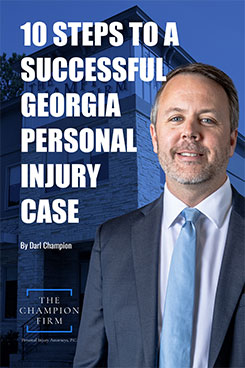
Free E-Book
Ten Steps to a Successful Georgia Personal Injury Case
By Darl Champion Jr.
Download Your CopyGeorgia Tort Law FAQ
To help better prepare you, we have answered some of the more frequently asked questions surrounding Georgia tort law. Contact our office to discuss your specific concerns if you have additional questions.
Yes, as a minor’s parent or legal guardian, you have the authority to pursue a claim against the individual or entity responsible for causing their injury or illness.
Sharing fault for your accident or injury does not prevent you from collecting compensation. Georgia uses a modified comparative negligence system. As long as you are 49% or less at fault for the accident, you can collect compensation.
Generally, yes. The tort system is the way to obtain compensation for an injury. The criminal system is used to punish a wrongdoer when the conduct constitutes a criminal offense. In those situations, restitution to the victim may be available as part of the criminal sentence. You can explore all your legal options with a personal injury attorney.
Contact a Georgia Personal Injury Lawyer
Georgia tort law can get complicated but could be the best way to recover max compensation for your loss or assorted damages after an accident. Let the professionals at The Champion Firm help you understand what laws apply and how to secure everything you deserve.
Schedule your free, no-risk, no-obligation consultation at 404-596-8044 or complete our contact form. There's no fee unless you win.






